Top 10 Interview Questions When Hiring a Financial Advisor
1) Are you a Fiduciary and a fee-only firm?
Yes. We are a Fiduciary and always act as one. Being a Fiduciary means putting our clients’ interests ahead of our own at all times. Imagine going to see a doctor about a hip problem and without the doctor examining you or performing any diagnostic tests trying to sell you a hip replacement. The doctor then explained you need to act today before prices went up. Later you found out that the doctor was paid extra and received a free Hawaiian vacation for selling you the hip replacement. While absurd for the medical profession, unfortunately, these practices go on every day with non-Fiduciary advisors.
Additionally, we are a fee-only advisory firm. What that means is we don’t accept any commissions for recommendations we make or the investments we select for our clients’ portfolios. There are some fiduciary advisors, who maintain insurance and brokerage licenses, that allow them to receive commissions for the recommendations they make. Though we also once maintained these licenses, we believe this creates unhealthy conflicts of interest. We believe that being a fee-only fiduciary advisor is the best way to truly help our clients. Each Fiduciary firm should provide their firm disclosure document (otherwise known as ADV) in advance of hiring them and we recommend that you read it thoroughly for any conflicts before hiring them.
2) Do you have any disclosures or complaints?
No. We have no disclosures or complaints to report. For advisors that are brokers, you can research this at www.brokercheck.com. For advisors that are licensed as Registered Investment Advisors (RIA’s) or Investment Advisor Representatives (IARs) of an RIA firm, any disclosures will be listed in their firms ADV part 2 of ADV part 2B. You can get a copy of the ADV’s from the advisor or look them up at www.advisorinfo.sec.gov. For advisors that are insurance licensed only, there is not a uniform database to look up this information. We suggest that you first check with the state insurance commissioner’s website to see if they are actively licensed in that state or had their license revoked.
3) Do you have any specific certifications?
To become a fee-only fiduciary advisor, one only needs to attain a series 65 securities license. It takes most people less than a month of studying to pass the series 65 exam and now be able to advise someone on their life’s savings. Pretty scary right? Because of this limited training, most advisors seek additional education through different financial designations. These credentials, or letters, after one’s name, are sometimes referred to as the alphabet soup because there are now so many of them. Most experts would agree that the most comprehensive and thorough is the Certified Financial Planning Designation (CFP®). It takes most people a few years of studying to be able to sit for and pass the CFP® exam. The exam itself has a 60% pass rate. There is also the requirement to have at least 3 years of financial planning experience to be able to display the CFP® marks. Roughly 20% of American financial advisors maintain the CFP® designation.
Ryan maintains the CFP® designation and sought additional designations of CLU® (Chartered Life Underwriter), ChFC ® (Chartered Financial Consultant), CMFC® (Chartered Mutual Fund Consultant). All these designations required many hours of studying and 30 hours of ongoing continuing education to maintain them every two years.
4) Do you have any specialties and what services do you offer?
Our specialty is retirement planning and helping people within 5 years of retiring plan for and manage their retirement. We offer two services: Comprehensive Financial Planning and Ongoing Wealth Management.
Comprehensive Financial Planning, which we refer to as the Retirement Readiness Report, is for people interested in developing a comprehensive retirement plan. Comprehensive means the plan examines all areas of their financial lives: retirement planning, taxes, insurance, estate planning, and investments. This is done on a flat fee basis and done on a year-by-year basis.
Ongoing Wealth Management is for those clients interested in Comprehensive Financial Planning and Investment Management. This service combines both for one annual fee. The fee is based on the amount of assets we are managing for the client (please see our fee schedule).
5) How are you compensated for your services?
For clients who engage us for Comprehensive Financial Planning, we are paid a flat fee (determined in advance of hiring). This fee generally begins at $4,000 per engagement. We collect half of the fee once hired and the second half once the plan and recommendations have been delivered. We receive no additional fees or commissions from these clients.
For clients who engage us for Ongoing Wealth Management, our fee is based on the assets under the management schedule below. Clients receive a fee invoice quarterly detailing this fee and it is also reflected in the statements provided by the custodian. Please see our ADV.
Assets Under Management($) Annual Rate(%)
Up to $999,999 1.25%
$1,000,000 to $1,999,999 1.00%
$2,000,000 to $4,999,999 0.85%
$5,000,000 to $9,999,999 0.75%
$10,000,000 to $24,999,999 0.70%
$25,000,000 to $49,999,999 0.55%
$50,000,000 and above 0.40%
6) What other costs will I be charged?
As a fiduciary advisor, we strive to keep your investment cost to a minimum because we believe this has a large impact on your returns. For clients that engage us for Ongoing Wealth Management, the funds we invest their portfolio in generally have annual costs (fund expense ratios). Our portfolios mainly consist of Exchange Traded Funds (ETFs) and our average portfolio costs .09% per year. This is well below the industry average
Additional fees may apply from the custodians we use, such as trading costs and other charges. Custodians provide a fee schedule to all clients on an annual basis. Our primary custodian, TD Ameritrade Institutional, currently does not charge trading fees for US-based ETFs which we recommend for our clients.
7) What investment philosophy do you follow?
Our investment philosophy is based on the core principle of using low-cost passive investment strategies. We believe that investment costs have a large impact on a portfolio’s long-term growth and we strive to keep those costs to a minimum.
Our investment process begins with us completing a Retirement Readiness Report for each client. After this analysis, we can then determine the asset allocation (mix of stock and bond funds) that best fits our clients’ needs.
We also believe that the markets occasionally present price dislocation and we seek to take advantage of this. We occasionally make tactical shifts in the portfolio and will over-weight the areas of the stock and bonds markets that look more attractive on a relative strength basis.
8) Where do you keep my money and how can I see it?
To avoid falling victim to a Ponzi scheme, like Bernie Madoff’s, we urge all investors to not allow their advisor to hold their investments directly. Rather, their investments should be held by an independent third party, otherwise known as a custodian. We follow this practice and our primary custodian is TD Ameritrade Institutional (TD). We help you to open any accounts with TD and you give us limited authorization to trade the account and collect our management fee. To protect our clients, every other transaction requires your authorization. TD can send statements by mail at least quarterly and has a website where you can check on your accounts and view online statements. We also subscribe to third-party performance software called Orion. Orion helps us to generate quarterly investment performance reports and also has a website where you can check investment performance at any time.
We also utilize Nationwide Advisory for clients we manage variable annuities for and Security Benefit for clients with 403b accounts. These custodians provide similar services to TD Ameritrade Institutional.
9) How often will we communicate?
We currently recommend meeting with our clients either in person or via video conference at least two times during the year. These meetings occur in the early spring (March/April) and the late fall (October,/November). We have found these times work best to review client asset allocations, make ongoing updates to financial plans, and address any tax planning opportunities. If something comes up in between these scheduled meetings we will reach out and advise our clients to do the same. We can be available for additional meetings and phone calls when requested.
We also provide a weekly market commentary email to keep clients updated on what’s going on in the financial markets and identify any planning opportunities. As mentioned above we also send out quarterly performance reports so that you know where things stand. From time to time we also conduct client education events on various financial topics.
10 How long has your longest client been with you and how many clients do you advise?
Ryan has been licensed as a financial advisor since September of 2001. He began working with clients at this time and he is happy to report that he still works with many of his original clients, despite relocating from Delaware to Connecticut in 2008. Ryan looks to build long-term relationships with his clients and hopes that he is the last financial advisor his clients will ever need. Ryan currently advises roughly 100 families and is still accepting new clients.

